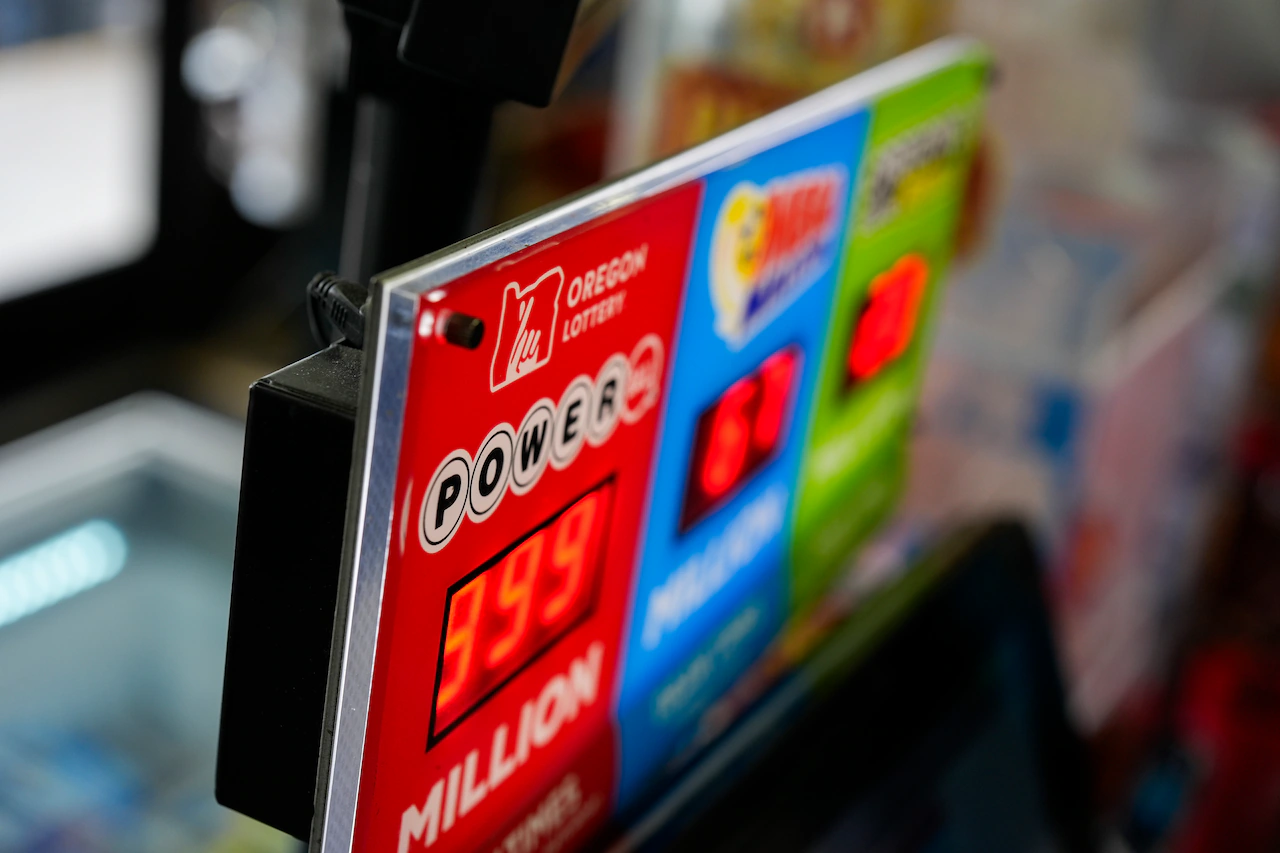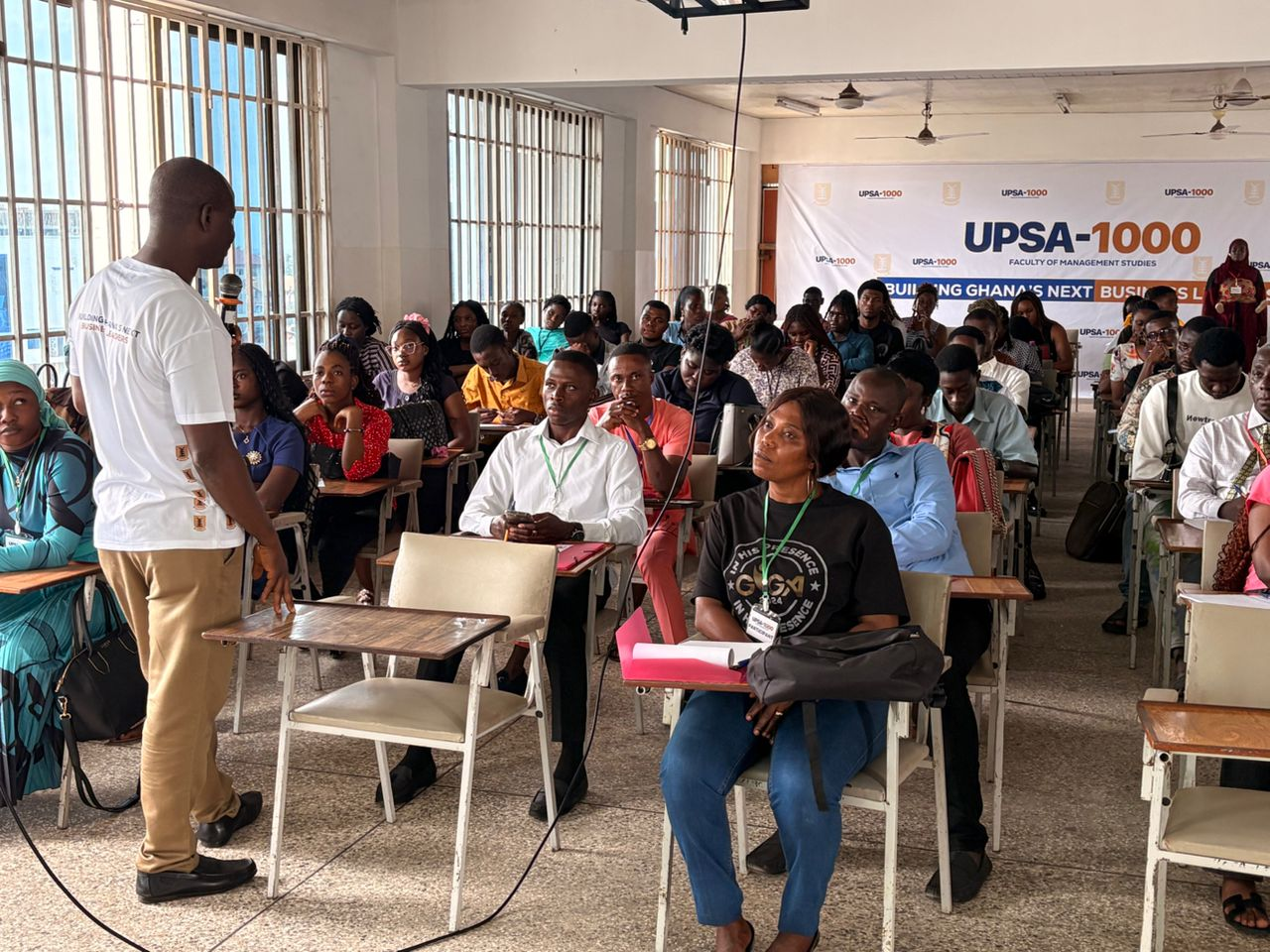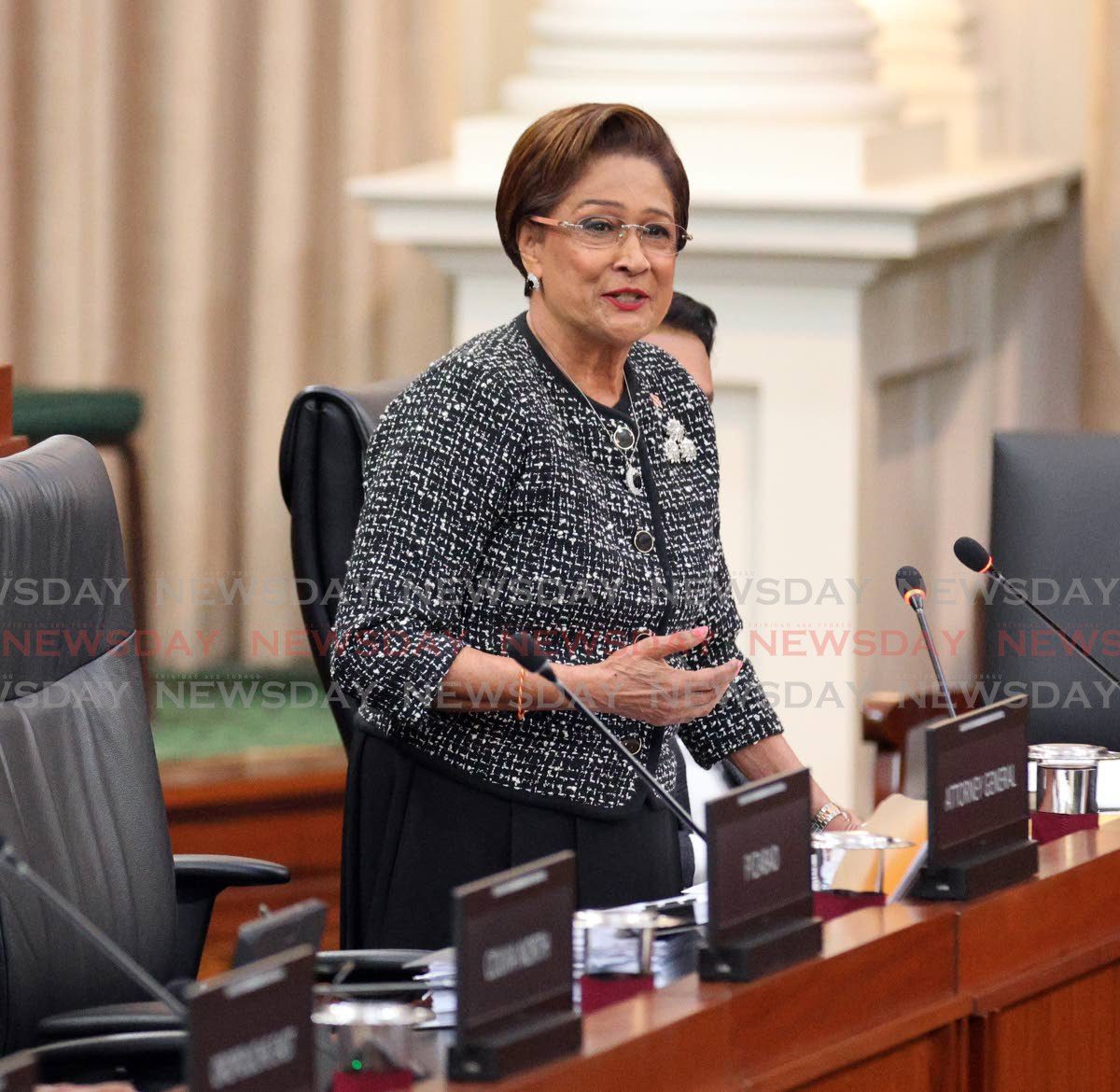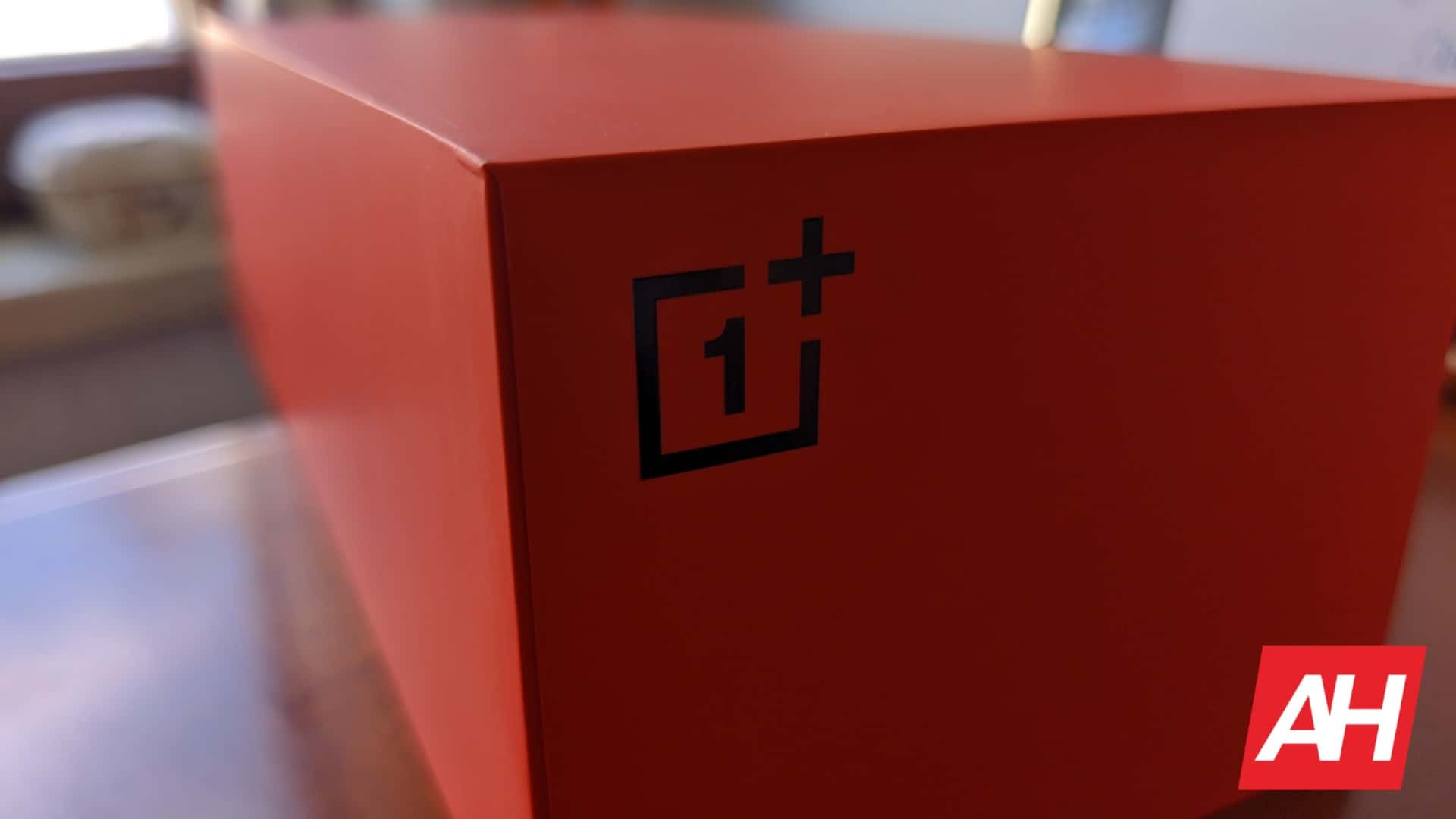Australians continue to win big on Powerball and Mega Millions tickets bought in Oregon, despite pressure for reforms

State lottery officials in July unveiled a set of proposals that could shut down an Oregon business that works with an overseas lottery operator to tap into this country’s biggest draw game jackpots.
But those rules, which could prohibit a lucrative if dubious business model for effectively selling Powerball and Mega Millions tickets to Australians, have now been delayed by at least three months, extending the window for operators to keep reaping eye-popping wins and commissions.
Indeed, a manager from The Lottery Office, based in Darwin, Australia, claimed a $2 million win in the Sept. 3 Powerball drawing. It was the fifth time since 2019 that Michael Platzer has claimed a prize for $1 million or more from Powerball and Mega Millions tickets purchased at a retailer in Beaverton. It brought his total haul to nearly $8.2 million over that period, not counting prizes of $600 or less he may have cashed out at a lottery retailer.
Looking to maximize sales, state officials have long facilitated those transactions, and they even cut a deal earlier this year to incentivize them. But they reluctantly took action following pressure from the multi-state consortia that run Powerball and Mega Millions, one of which cited complaints they’d received after an earlier investigation by The Oregonian/OregonLive. Those organizations say the sales are against the games rules and may violate federal law, and if Oregon doesn’t stop them, it may lose the ability to offer the two draw games altogether.
Facing the prospect of new regulations, the businesses pushed back and triggered state rules calling for additional time to collect public comments. That means new rules originally expected to be considered in August now won’t be up for a vote by lottery commissioners until Oct. 31, which would push their potential effective date into the new year.
Who’s involved locally?
As detailed in an investigation by The Oregonian/OregonLive last year, The Lottery Office and a sister company have been buying millions of dollars’ worth of tickets annually on behalf of customers in Australia and New Zealand. It does so through the Game Store, LLC, a Beaverton business owned by Steven and Dani Rosendahl, who previously ran the bulk ticket operation out of a Beaverton sports bar they’ve since sold.
Thanks to the Australian sales, the Game Store is Oregon’s biggest retailer of the two draw games. Its $12.2 million in Powerball and Mega Millions sales so far this year dwarf those of any other retailer and account for 13% of the state’s total, agency records show. In the three days alone leading up to Sept. 6’s $1.8 billion jackpot, it sold $723,592 worth of Powerball tickets.
The Oregon Lottery has facilitated those sales. Officials allow electronic printing of pay slips and have supplied several Oregon businesses, including the Game Store, with extra terminals to enable bulk ticket purchasing.
The Game Store’s sales are so high that the Oregon Lottery agreed earlier this year to start paying it a premium, 10% commission on any sales exceeding $2.5 million, 2 percentage points higher than the standard rate.
So far this year, the Rosendahls’ business has earned sales commissions and prize bonuses of $1,000,096.
How does it work?
The Lottery Office markets a variety of U.S. and European lotteries over the internet. It does so by selling its customers tickets in locally-licensed lotteries that offer the same prizes as the foreign draw games. It then buys matching tickets in the actual overseas lotteries and forwards any winnings, less applicable taxes, to the holder of the matching ticket in its proprietary lotteries. It also offers customers the opportunity to bet in lottery syndicates, taking a share of a larger, communal bet on the outcome of the drawings.
“With The Lottery Office, you’re not just playing; you’re stepping into a world of global opportunities without leaving your home,” its website extolls. “It’s time to play local and win global!”
On Thursday, for example, the company’s website displayed a banner ad on the “USA Mega Lotto,” its local version of Mega Millions, and offered various purchase options on its $474 million jackpot. One “Quickplay” for the game was being advertised for the U.S. equivalent of $7.89, more than a 50% markup on the $5 price of a Mega Millions ticket purchased here.
Australian media describe David Kennedy, the owner of The Lottery Office, as a Queensland businessman who made his fortune marketing overseas lotteries and the owner of some of the country’s priciest beachfront real estate.
When the company scores a win in Oregon, as it did for the $2 million Powerball ticket on Sept. 3, Platzer claims the prize on paper, although he has designated Dani Rosendahl to collect the winnings under a power of attorney arrangement, according to lottery officials.
The actual winner of the big prize was an unidentified 29-year-old woman from Brisbane who bought three tickets with multiplier options in the company’s USA Power Lotto, according to a news release on The Lottery Office’s website. One of her tickets matched five of the six numbers in the Sept. 3 Powerball draw.
She took home the U.S. equivalent of about $1.24 million after taxes.
The woman was quoted in the news release: “I’m just elated. I’m shaking and trying not to cry.”
What’s the problem?
State lotteries and their retailers aren’t allowed to sell or resell Powerball and Mega Millions to customers outside their jurisdictions, meaning outside the state where the customer is physically located when they make their purchase, according to rules cited by the multi-state consortia.
In effect, they’ve now warned the Oregon Lottery to cut it out, or risk losing the ability to offer the games.
The heads of both organizations wrote to Oregon Lottery Director Michael Wells this spring expressing concern about out-of-state sales, or resales, of their games. And they both cited specific game rules that they said were being violated.
“Specifically, I have received complaints about a company, located in Australia, working with a retailer in Oregon to purchase, and then resell Powerball tickets,” wrote J. Bret Toyne, the executive director of the Muti-State Lottery Association. “These activities are in violation of the game rule stated above. In addition to Powerball Game rules, sales made in this manner may be in in violation of federal laws.”
Toyne and Joshua Johnston, the lead director of the Mega Millions Consortium, also both cited U.S. statutes, including 18 U.S.C. 1301, which prohibits interstate or foreign sale of lottery tickets, the sale of interests in such tickets, or even the transfer of information over the internet to procure such tickets.
“We encourage you to promptly and effectively rectify the situation,” Johnston wrote. Failure to do so, he said, could result in sanctions, including the suspension or revocation of the state’s ability to sell the game.
The Lottery Office and the Rosendahls, meanwhile, insist they’ve structured their operations in Oregon in a way that meets all game rules and U.S. law.
Because the Powerball and Mega Millions tickets purchased by The Lottery Office in Beaverton never leave the state, and a U.S. subsidiary of its parent company maintains ownership of them, it contends that it’s not selling them internationally. Importantly, because it is selling tickets in its own proprietary lotteries, it also contends that it’s not a courier service, suggesting that Oregon’s proposed regulations governing those services shouldn’t apply to its business model.
What happens next?
Agency officials proposed new rules in July to regulate couriers and limit bulk purchasing, telling the 4-person Oregon Lottery Commission in a background memo that the “the loss of national partnerships such as Powerball and Mega Millions would represent a significant financial detriment to the Lottery and the state programs it supports.”
The two games generated gross sales of $152 million last year. If international sales were restricted, it has estimated a loss of revenue of up to $55 million, and a reduction in transfers to the state economic development fund of up to $19 million.
But the agency has now extended the public comment period, delaying any potential reforms.
The proposed rules state in part that “Under no circumstances may a retailer knowingly facilitate ticket sales to a person who is physically located outside the state of Oregon at the time of purchase, through a courier service or any other method.”
They also prohibit courier services targeting advertisements for Oregon Lottery tickets outside the state and set a 50,000-ticket limit on bulk purchases for any single draw.
In their own public comments on the rules, the Rosendahls wrote that the Game Store would have to shut its doors if the rules were implemented on the original timeline.
“My businesses have at all times been transparent with the Oregon Lottery about these operations and they have received the Lottery’s tacit support,” the comments said. “Just this year the Oregon Lottery Commission granted us an alternative compensation model, reflecting Game Store’s innovative business model and your recommendation to protect and sustain this revenue stream.”
Oregon’s extension of the public comment period was procedural, required under statute after requests from the Rosendahls and The Lottery Office. But it will effectively delay their implementation, if the commission ultimately votes to approve them, from the end of this month until Jan. 1.
It’s unclear if the agency and commission will cut off the Australian sales through their most prolific retailer. But Melanie Mesaros, a lottery spokesperson, said the agency does consider The Lottery Office a courier operation, and expects the new rules would apply to them.
A competitor in Australia isn’t so sure.
Callum Mulvihill is chief commercial officer for The Lottery Corporation, which runs most of Australia’s national lottery games. He told Wells, Oregon’s lottery director, in an August email that international operators “are adept at finding loopholes and will likely continue their activities and continue to send prize money internationally unless rules specifically capture these arrangements.”
He recommended changing the definition of a courier service in the rules to specifically capture the type of business model used by The Lottery Office and others, and giving the state more flexibility to invalidate tickets acquired in that manner.
Changing the proposed rules now would delay their implementation even further.
No matter what happens, the public will no longer be able to definitively track winnings tied to The Lottery Office or anyone else. Thanks to a bill passed by Oregon lawmakers earlier this year, winners can start claiming their winnings anonymously as of this Saturday.



